The Amazing World of Bees
Pollinators Extraordinaire
Bees are superheroes of nature when it comes to pollination! They are responsible for fertilizing about one-third of the food we consume, ensuring the growth of agricultural crops and enriching biodiversity in wild habitats. Their impact is far-reaching, from the obvious fruits and vegetables to fabrics like cotton and various industrial uses.
Pollination is actually a by-product of bees collecting pollen to nourish the hive. As they move between pollen sources, the pollen attaches to their bodies and feet, which is then transferred between plants. For some bees, their buzzing is just the right frequency to shake the pollen off a plant's stalk. It's for this reason that manual pollination, often using small motors, is so time-consuming and costly. Hence why it's important we don't lose bees; they are truly irreplaceable!
Other than bees, flies, wasps, moths, beetles, some birds, bats, and lizards also contribute to pollination. However, bees are the most effective pollinators as they collect pollen to stock their nests, which leads them to visit more flowers and carry more pollen than other creatures.
Pollination is the transfer of pollen from the male part of a flower to the female part of a flower, enabling the plant to reproduce and produce seeds. Pollination is an essential part of the life cycle of many plants worldwide.

Honey, Amazing Honey
Bees are not only important pollinators but also the source of honey, a divine nectar with numerous health benefits. Honey has natural antibacterial properties, which makes it an effective remedy for wounds and infections. It also soothes sore throats and coughs. Consuming locally sourced honey may also offer relief to those suffering from pollen allergies by desensitizing the body to allergens over time. It's interesting to note that honey can last for a very long time; archaeologists have found pots of honey in ancient Egyptian tombs which are still perfectly edible after thousands of years.

Ethics of Honey
Although honey is a popular and delicious sweetener, there are concerns about the ethical implications of its production. For vegans, honey is not an option because it involves exploiting bees for their labor and honey, which is seen as a form of animal exploitation. Therefore, vegans often turn to alternative sweeteners such as agave, maple syrup, and date syrup, among others.
The conventional practices of beekeeping can be unethical. The primary focus is on high honey yields, which can lead to the removal of honey from hives and its replacement with a sugar substitute. This practice harms the bees and can cause them to become sick. Selective breeding for productivity also narrows the gene pool, increases susceptibility to disease, and leads to large-scale die-offs. Importing different bee species for use in hives can also lead to disease.
Additionally, this focus on honey production can harm native bees that are essential to biodiversity and not just the pollination of a specific crop. As a result, it is important to consider the ethical implications of honey production and beekeeping practices.

Raw Honey Only For Me Please! Keep it Raw, keep it pure.
It is important to distinguish between raw honey and its processed counterparts found in supermarket aisles. Raw honey has a nutrient-rich profile, while pasteurization (heat treatment) compromises its nutritional value, eliminating many of the benefits that honey can offer. Additionally, it is important to be aware of counterfeit honey products that are often diluted with sugar syrup. To ensure that you get the full range of benefits, you can choose locally sourced, raw honey instead. As a general rule, avoid honey that is cheap, generic, and labeled as blended from non-EU sources.
See our article on Raw Honey Benefits

Why are Bees at Risk?
While many acknowldge their importance bees still are at threat from pesticide use and intnesive monoculture practices, habitat loss and exposure to harmful chemicals - all serving to weaken bee populations. This in turn jeopardises ecosystems and food security.
How You Can Bee More Bee-Friendly
We can all play a small role in protecting bees. One way to do this is by planting bee-friendly plants in our gardens. Another way is to advocate for wildflower meadows in our community parks and roadside verges. We can also support councils in their 'No Mow May' initiatives. Choosing organic, locally sourced produce can help reduce pesticide use. If you consume honey, it is best to choose raw honey that supports sustainable beekeeping practices.





